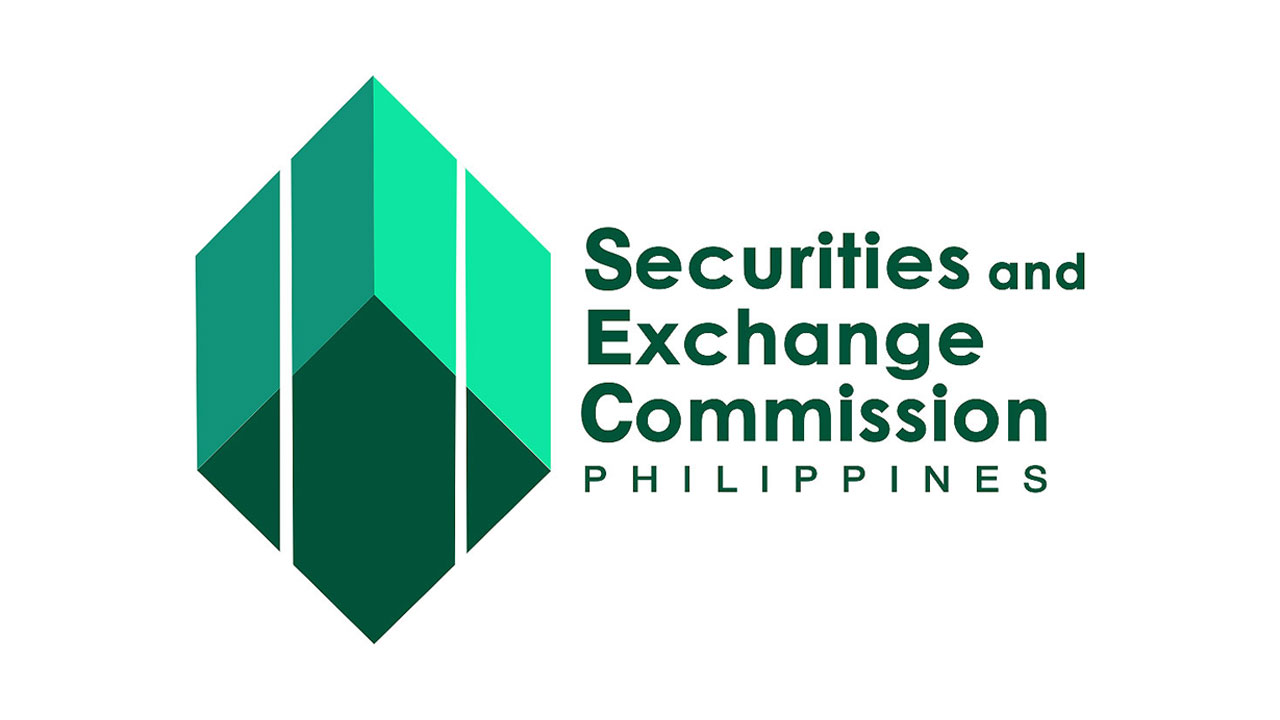SEC’s ESG policies seen to face challenges as firms limit reports

THE Securities and Exchange Commission (SEC) may face challenges in implementing environmental, social, and governance (ESG) policies as companies tend to highlight only positive aspects of sustainability reports, said Sustainable Fitch.
“The plan could face implementation challenges, as the SEC acknowledged that most companies tend to only make public the positive aspects of their sustainability reports,” said Sustainable Fitch, a specialist ESG unit of the Fitch Solutions group.
According to Sustainable Fitch, the Philippines is still unable to set clear details on its ESG and decarbonization strategies, which could hinder the country’s progress compared with other Southeast Asian countries.
“The country’s recently elected government has yet to set out clear details on its ESG and de-carbonization strategies. The lack of policy direction could hinder the Philippines’ ESG progress relative to neighboring peers,” the unit said.
It added that like Thailand and Indonesia, the country’s government and regulators could face the challenge of ensuring “that the transition is just for the whole of society.”
“A large swathe of people in the Philippines live in poverty and depend on brown-industry jobs to survive, with effective strategies being critical to helping these groups keep up with transition efforts,” it said.
Meanwhile, the SEC has recently confirmed that it is set to adopt a “blue” bond framework that aims to protect water-based natural resources, as the commission continues to move for wider adoption of sustainability standards.
According to SEC Commissioner Kelvin Lester K. Lee, the framework is yet to be approved by the commission but sets its initial release in the second quarter of this year.
Additionally, the securities regulator is set to implement the Association of Southeast Asian Nations (ASEAN) Sustainable and Responsible Fund Standards.
The SEC has disseminated the draft of its proposed framework last week, as it seeks to align with ASEAN member states in creating and promoting sustainable and responsible investment funds in the region.
According to Sustainable Fitch, the commission aims to mandate sustainability reporting for 2023, which requires reports from companies as well as small enterprises.
“Smaller businesses will receive support in their reporting requirements with the focus remaining on larger industries that have greater environmental or social impacts,” it said.
The commission has also previously set guidelines for the issuance of green bonds, which has allowed companies to raise funds for ESG-related projects, which is also aligned with ASEAN green bond standards.
Aside from the SEC, the Bangko Sentral ng Pilipinas (BSP) has also introduced policies in promoting ESG standards in corporate strategies and disclosures.
Under the sustainable central banking agenda, the BSP initiated vulnerability assessments for environmental risks in the economy and seeks to implement sustainability principles in banking and finance policies.
“The country also revised up its target to cut greenhouse gas emissions by 75% by 2030, up from a target of 70%,” said Sustainable Fitch. — Adrian H. Halili



